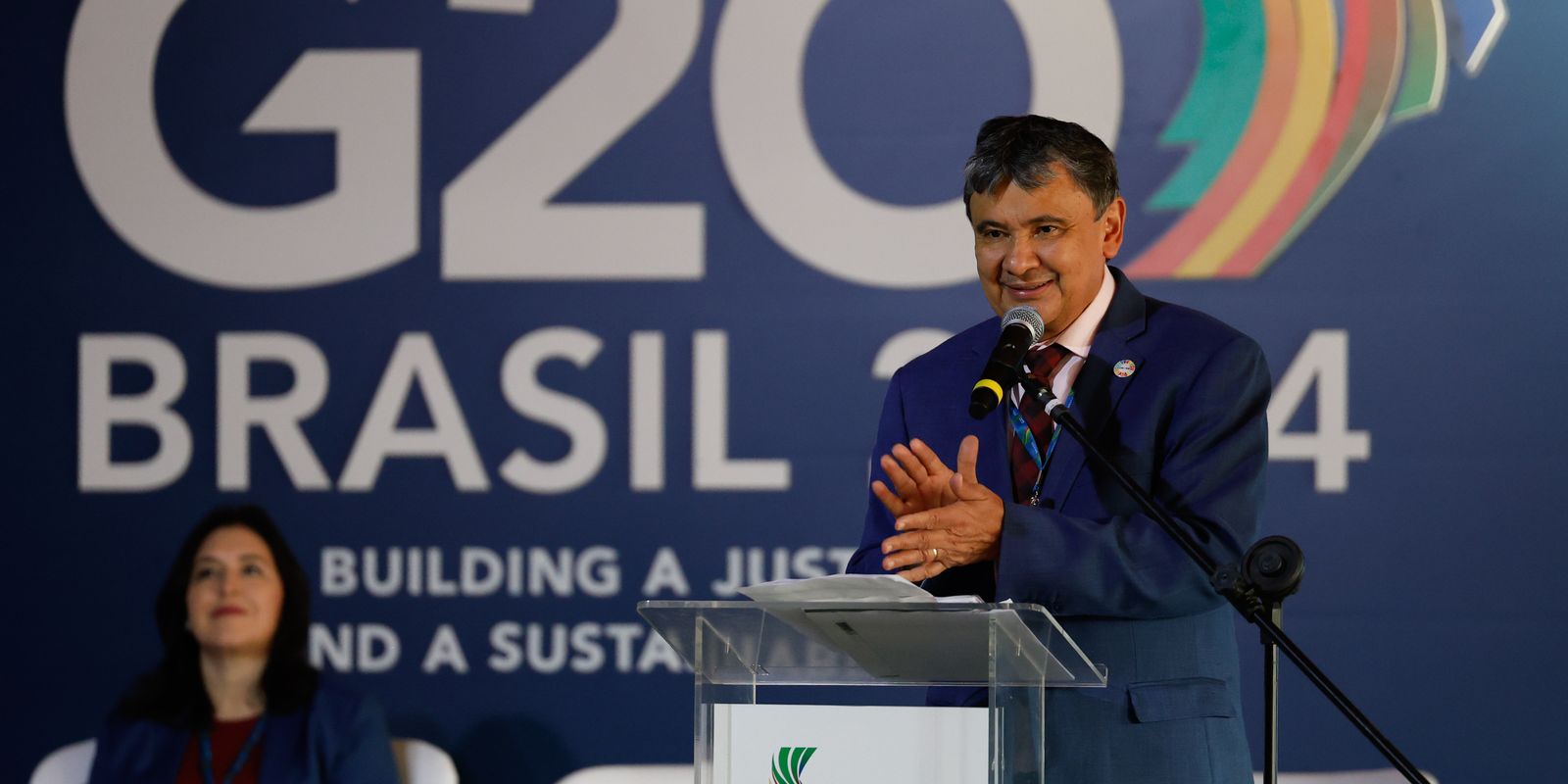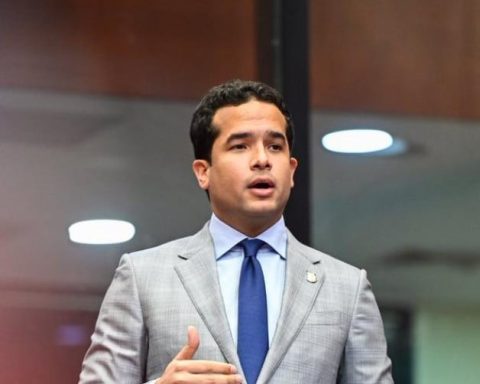Across Brazil, 14.7 million people stopped going hungry in 2023. Severe food insecurity, which affected 17.2 million Brazilians in 2022, fell to 2.5 million last year. The data are part of the United Nations Report on the State of Global Food Insecurity (Sofi 2024), released this Wednesday (24). 
Given the progress, the Minister of Development and Social Assistance, Family and Fight Against Hunger of Brazil, Wellington Dias, is optimistic and believes that the country will leave the Hunger Map by 2026. “I can say with certainty that, on the path we are on, it is possible, within the Lula government, to leave the Hunger Map by 2026,” he stated in an interview with the press shortly after the official release of the data.
This is the first time the report has been released outside of Rome or New York. The document was presented during the G20 meetings and just before the presentation of the Global Alliance Against Hunger, the main goal of the Brazilian presidency of the G20 to eradicate hunger in the world, through both financial and technical cooperation between countries.
In 2014, Brazil had managed to leave the Hunger Map. However, food insecurity increased over the years and the country was included in the report again in 2021. Since then, Dias says that eradicating hunger has been a priority for the government and lists a series of programs aimed at this end, such as Bolsa Família, the National School Feeding Program and the Food Acquisition Program.
According to the minister, the country is willing, even through the Global Alliance Against Hunger, to share initiatives with other countries. “We are on the right track, this is the lesson from Brazil, the message of hope that the report brings, not only for Brazil, but for the world.
Although the minister highlighted the 2023 data, the report considers the period of the last three years, drawing a three-year average. The data show that, in this period, severe food insecurity fell from 8.5% in the 2020-2022 triennium to 6.6% in the 2021-2023 period, which corresponds to a reduction from 18.3 million to 14.3 million Brazilians in this level of food insecurity.
In absolute numbers, this means that 4 million people were removed from severe food insecurity when comparing the two three-year periods.
World hunger
The report brings alarming data. All over the world, one in 11 people may be hungry in the world by 2023. In absolute numbers, this means between 713 and 757 million people.
The outlook is not good. It is projected that by 2030, 582 million people will still face severe malnutrition. More than half of them are expected to be in Africa. According to the text, the lack of global improvements in food security and unequal access to resources to pay for healthy diets are among the reasons.
The report argues that official and public sources of finance alone will not be enough to fill the financing gap to end hunger. “Increasing private finance, through public-private partnerships, will also be essential to complement efforts.”
Ending hunger, achieving food security and improved nutrition, and promoting sustainable agriculture are some of the Sustainable Development Goals (SDGs). The SDGs are a global agenda to end poverty and inequality. They were agreed upon by the 193 Member States of the United Nations (UN) and must be met by 2030.
The report argues that official and public sources of finance alone will not be enough to fill the financing gap to end hunger and says that increasing private finance, through public-private partnerships, will also be essential to complement efforts.
FAO argues that failing to meet the 2030 agenda entails immeasurable social, economic and environmental costs. “There is no time to waste, as the cost of inaction far exceeds the cost of action.”
During the launch, the importance of financing was emphasized in all speeches. “We cannot allow the most vulnerable to be denied access to this financing,” said the Director-General of the Food and Agriculture Organization of the United Nations (FAO), QU Dongyu.
“It is important to recognize this new reality and understand that the challenges are global and the risks and uncertainties are also global. We need to be ready for this and we need to increase it as well [o financiamento] in all dimensions, pooling financial resources in a collaborative manner. Without the private sector we will not be able to achieve this”, he highlighted.
G20
The G20 is made up of Argentina, Australia, Brazil, Canada, China, France, Germany, India, Indonesia, Italy, Japan, Republic of Korea, Mexico, Russia, Saudi Arabia, South Africa, Turkey, the United Kingdom and the United States, in addition to the European Union.
G20 members represent about 85% of global gross domestic product (GDP) (the sum of all goods and services produced by a country), more than 75% of global trade, and about two-thirds of the world’s population.
Since 2008, the countries have taken turns holding the presidency. This is the first time that Brazil has presided over the G20 in its current format.

















